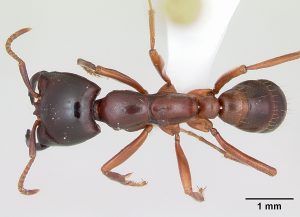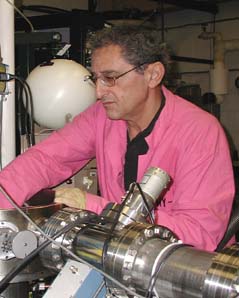The British Medical Journal has retracted an article examining when unexpected weight loss could be a warning sign of cancer after the authors found an error in their work. The journal published an updated version of the analysis with different conclusions, which the authors think could influence patient care.
The retracted paper, “Prioritising primary care patients with unexpected weight loss for cancer investigation: diagnostic accuracy study,” appeared Aug. 13, 2020. The researchers, led by Brian D. Nicholson, a general practitioner and associate professor in the Nuffield Department of Primary Care Health Sciences at the University of Oxford, England, used electronic health records data to look for people diagnosed with cancer within six months after a recording of unexpected weight loss.
The authors were attempting to replicate their results in another dataset when they found “some differences in the study findings and study population that we could not easily explain,” Nicholson told Retraction Watch. He continued:
Continue reading ‘Relieved’: BMJ retracts and replaces article on unexpected weight loss as a sign of cancer








